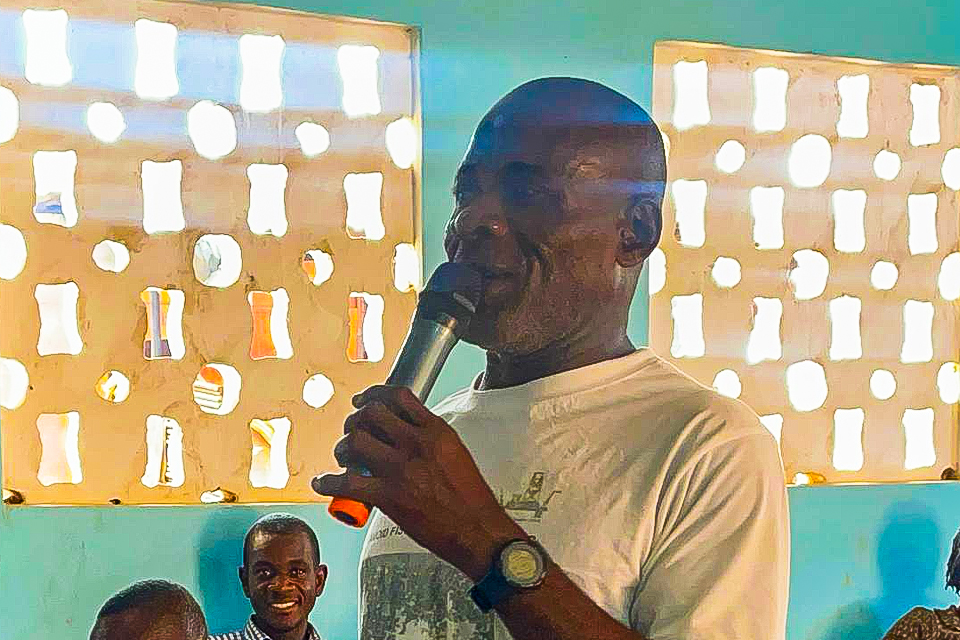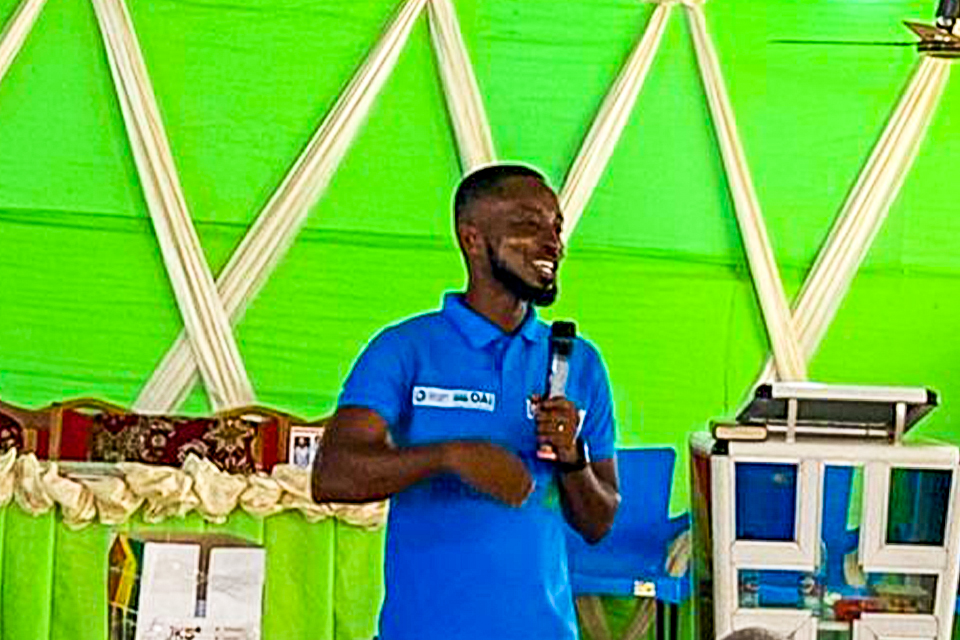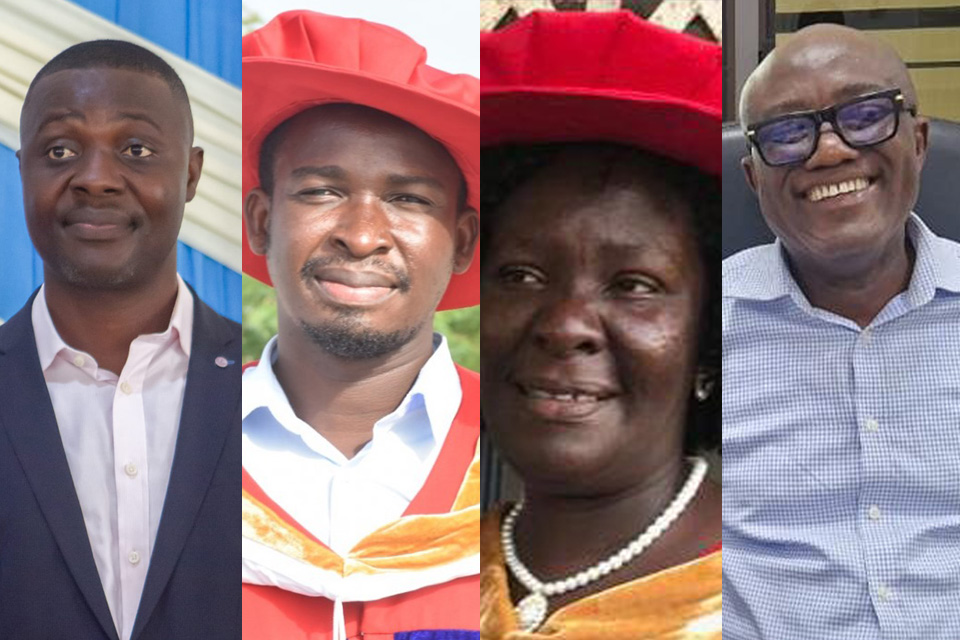UEW Scholars Launch 2nd Edition of Fishing Model School to Fight Climate Change

An initiative to enhance the resilience of Ghana’s coastal fishing communities against climate change impacts has been launched in Amanfumkumanu, Axim in the Western Region.
Climate-Fishing Model School (C-FMS) programme seeks to equip selected chief fishers, fish processors, traders, and canoe owners with knowledge of sustainable fishing practices and climate adaptation strategies.

The event, led by researchers from the University of Education, Winneba (UEW), as part of the Climate Change Education, Awareness, and Communication among Coastal Fisherfolk in Ghana (CEAC-Ghana) initiative, held its inaugural edition in October of last year in Brewire, Axim.
The second edition occurred from Thursday, 6th to Monday, 10th March, 2025. This programme aims to deliver structured, learner-centred training to assist fisherfolk in mitigating climate-related risks while enhancing their livelihoods.

Speaking at the opening ceremony, Nana Ekow Sakyi, Chief Fisherman of Amanfunkumanu and Chairman of the event emphasised the importance of embracing the training to secure the future of Ghana’s fishing industry. “We have received researchers from the University of Education, Winneba, who are here to educate us on effective fishing methods and preservation. I entreat all fishermen and fishmongers to participate fully and learn new methods to benefit our industry,” he urged.

Dr. Victor Owusu, Project Lead, highlighted the historical significance of Ghana in the African fishing industry and the urgent need to address climate change challenges. “Ghana has played a major role in the fishing industry, and our focus this morning is to tackle the effects of climate change on fishing. The presence of sea defence structures today, which were not here a decade ago, is a clear sign of the rising sea levels and changing weather patterns. This training will empower fisherfolk with the knowledge and tools to adapt,” he explained.
The training covered topics including the current state of marine fisheries in Ghana, recent government interventions such as the closed fishing season and canoe bans, marine weather forecasting, small-scale fish farming, and financial literacy for fisherfolk.

Representing the Fisheries Commission in Axim, Mr. Gilbert Augustus Sunney commended the initiative, emphasising the government’s commitment to ensuring proper fishing and trading practices. “Our responsibilities as an assembly include setting the right procedures to regulate fishing activities. This training will benefit not just the fisherfolk but the entire district,” he noted.

Mr. Samuel Asare Apenteng, NADMO Officer at the Nzema East District Assembly, underscored the link between climate change and natural disasters, urging participants to take the training seriously. “Rain patterns have changed significantly due to climate change. This training is crucial for our safety and preparation towards mitigating fishing-related disasters,” he cautioned.

Echoing similar sentiments, Mr. Joseph Mensa, Assemblyman of Amanfukumanu, stressed the necessity of embracing climate-adaptive fishing techniques. “Climate change has a ripple effect on fishing, and we must take full advantage of this training to secure our future,” he remarked.

The C-FMS training programme is expected to enhance the adaptive capacity of coastal fisherfolk, reducing vulnerabilities and improving their livelihoods. Selected trainees have been designated as ambassadors, tasked with transferring the knowledge acquired to their colleagues, ensuring the sustainability of the initiative.
With Ghana’s fisheries sector facing increasing challenges due to climate change, the launch of the second edition of the C-FMS by the UEW scholars marks a significant step towards fostering resilience and promoting sustainable fishing practices within coastal communities.











